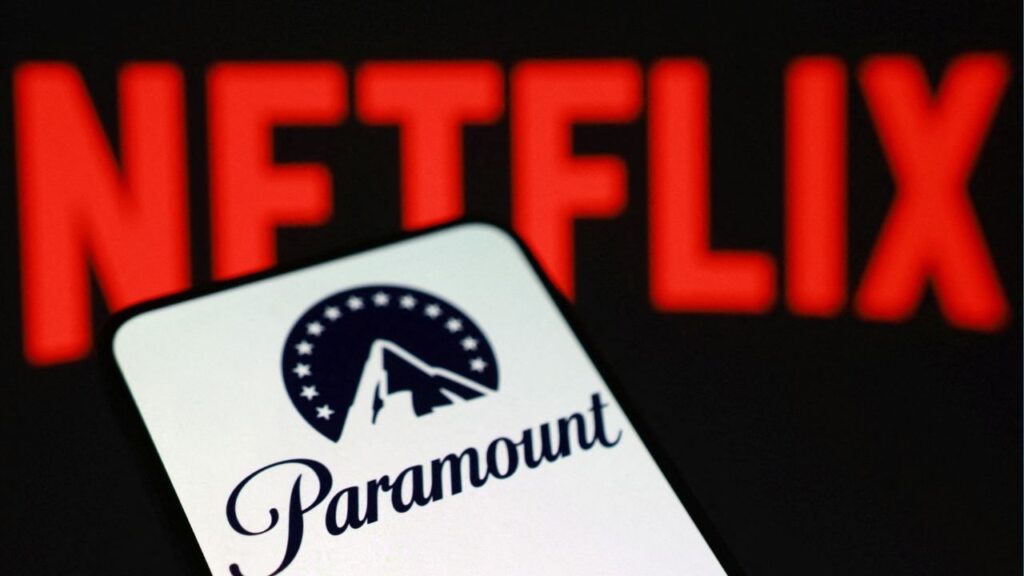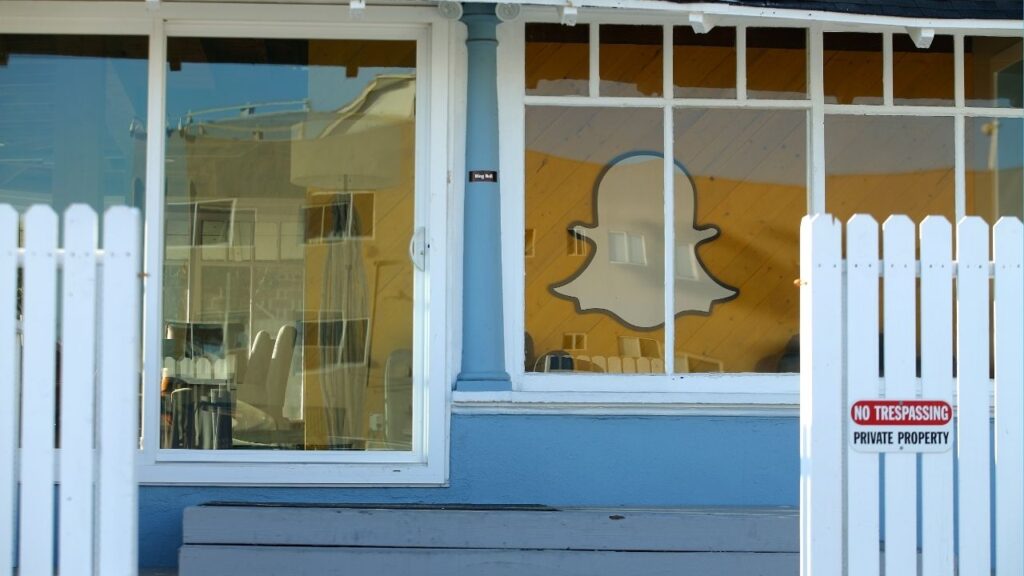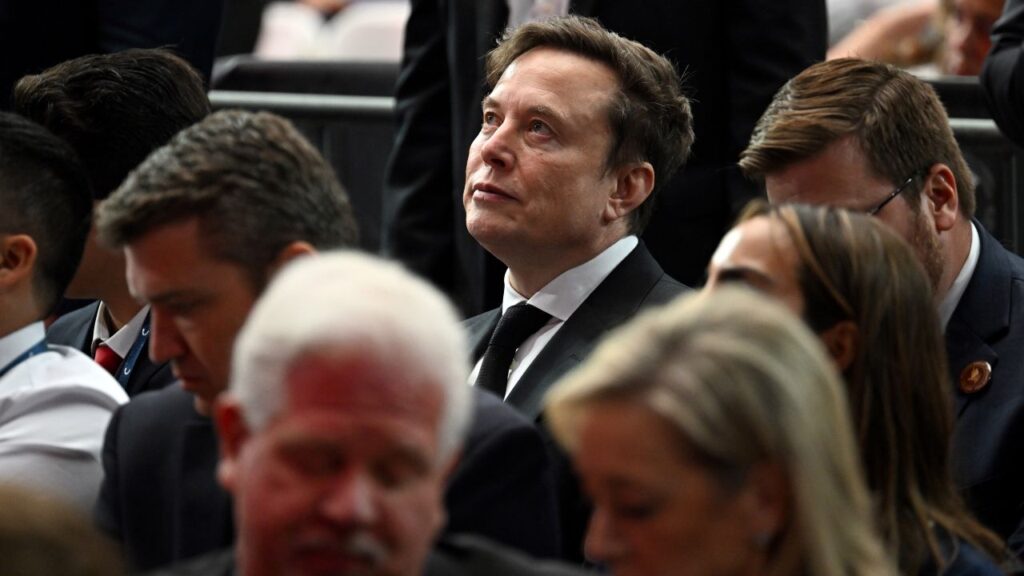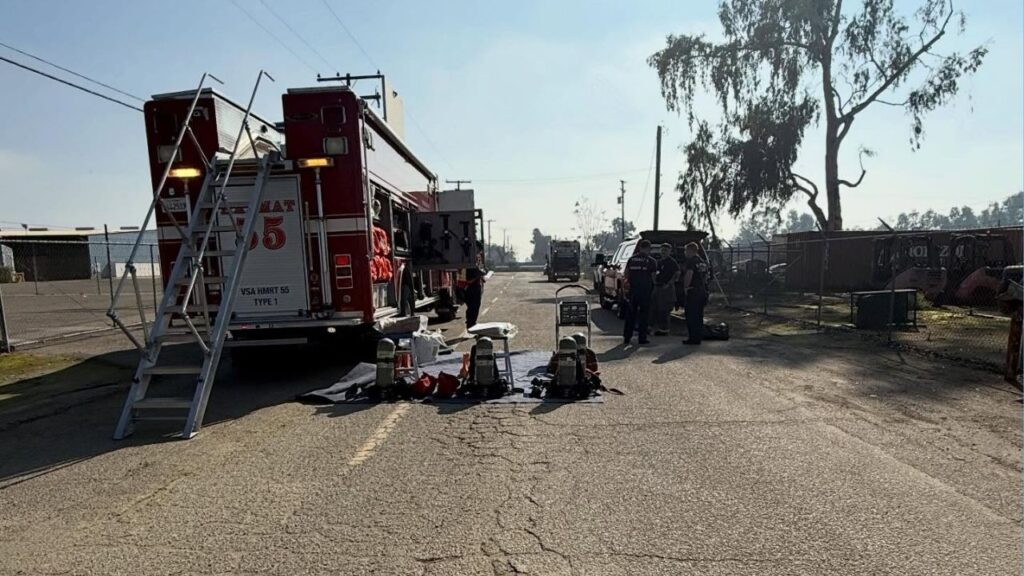Share
Gov. Gavin Newsom on Monday signed a nation-leading measure giving more than a half-million fast food workers more power and protections, despite the objections of restaurant owners who warned it would drive up consumers’ costs.
The landmark law creates a 10-member Fast Food Council with equal numbers of workers’ delegates and employers’ representatives, along with two state officials, empowered to set minimum standards for wages, hours and working conditions in California.
Newsom said he was proud to sign the measure into law on Labor Day.
“California is committed to ensuring that the men and women who have helped build our world-class economy are able to share in the state’s prosperity,” he said in a statement. “Today’s action gives hardworking fast food workers a stronger voice and seat at the table to set fair wages and critical health and safety standards across the industry.”
The law caps minimum wage increases for fast food workers at chains with more than 100 restaurants at $22 an hour next year, compared to the statewide minimum of $15.50 an hour, with cost of living increases thereafter.
The state legislature approved the measure on Aug. 29. Debate split along party lines, with Republicans opposed.
Sen. Brian Dahle, the Republican nominee for governor in November, had called it “a steppingstone to unionize all these workers.”
Supporters had said they hoped the measure would inspire similar efforts elsewhere.
The measure’s author, Assemblyman Chris Holden, D-Pasadena, said it would “a new way to ensure marginalized workers have a voice in the workplace.”
Restaurant owners and franchisers opposed the law, citing an analysis they commissioned by the UC Riverside Center for Economic Forecast and Development saying that the legislation would increase consumers’ costs.
The International Franchise Association called it a “fork in the eye” of people who run restaurant franchises and said it could raise consumer prices as much as 20%.
“This bill has been built on a lie, and now small business owners, their employees, and their customers will have to pay the price,” IFA President and CEO Matthew Haller said in a statement. “Franchises already pay higher wages and offer more opportunity for advancement than their independent counterparts, and this bill unfairly targets one of the greatest models for achieving the American Dream and the millions of people it supports.”
However, Holden urged opponents to give the law a chance.
“Speaking as a former franchise owner, I would have welcomed this inclusive process, that in reality benefits not only the the worker but franchisee as well,” he said in a statement.
RELATED TOPICS:
Categories


















